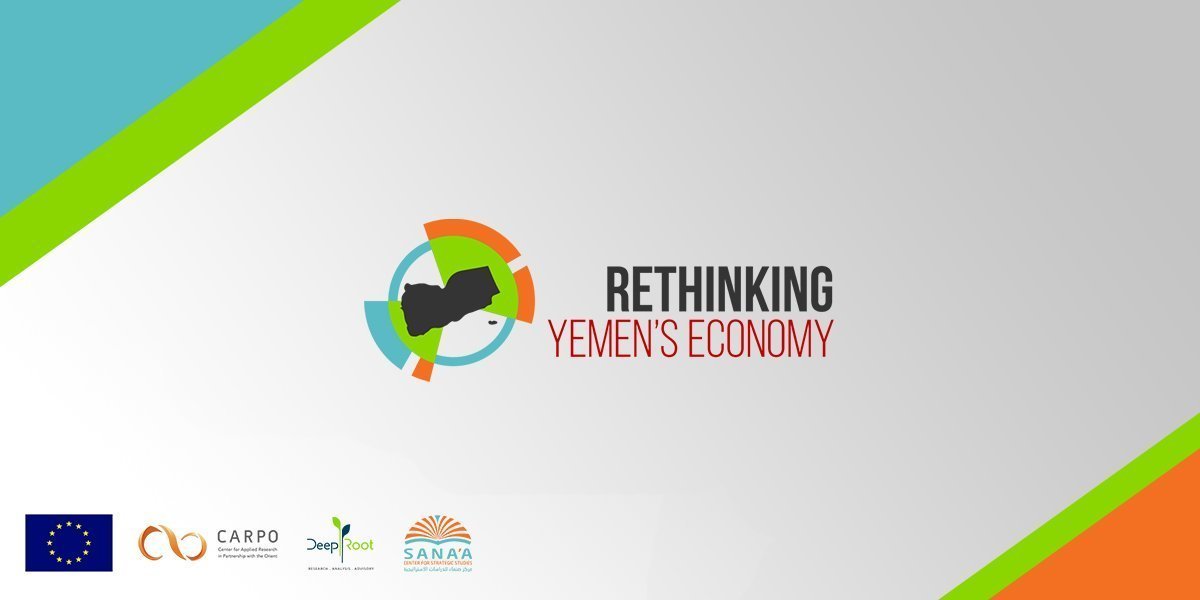Policy Briefs
Unlocking Innovation In Yemen: A Policy Blueprint For Supporting High-growth Enterprises

Executive Summary
This policy brief explores the potential role of innovation-driven enterprises (IDEs) — high-growth ventures built around scalable models and technology — in contributing to economic resilience in Yemen. While IDEs are not yet prominent in the national economy, their emergence in other fragile contexts, including Somalia, Gaza, Rwanda, and Iraq, suggests they could present a viable contribution to economic recovery and diversification. Stakeholders should thus explore the conditions that could support the growth of such enterprises in Yemen, and what incremental policy reforms could begin to lay the foundation for innovation-led development.
Drawing on 19 stakeholder interviews and comparative international experience, the following policy brief examines the persistent barriers — including legal ambiguity, lack of early-stage capital, weak infrastructure, and gendered access constraints — that limit IDE emergence. It identifies opportunities for targeted, realistic interventions that could support IDE development even within Yemen’s current political and economic limitations. These include regulatory reforms, donor-backed financial tools, diaspora engagement platforms, and inclusive startup support initiatives.
While Yemen’s recovery trajectory remains uncertain, developing an enabling environment for IDEs represents a pragmatic opportunity to support job creation, attract capital, and build economic resilience — particularly in more stable regions. The policy tools outlined here do not require sweeping reform; they can be piloted incrementally, adapted locally, and coordinated across donors and national actors. Unlocking this potential will depend on Yemen’s ability to engage its entrepreneurs, leverage its diaspora, and create pathways for innovation to emerge even amid crisis.